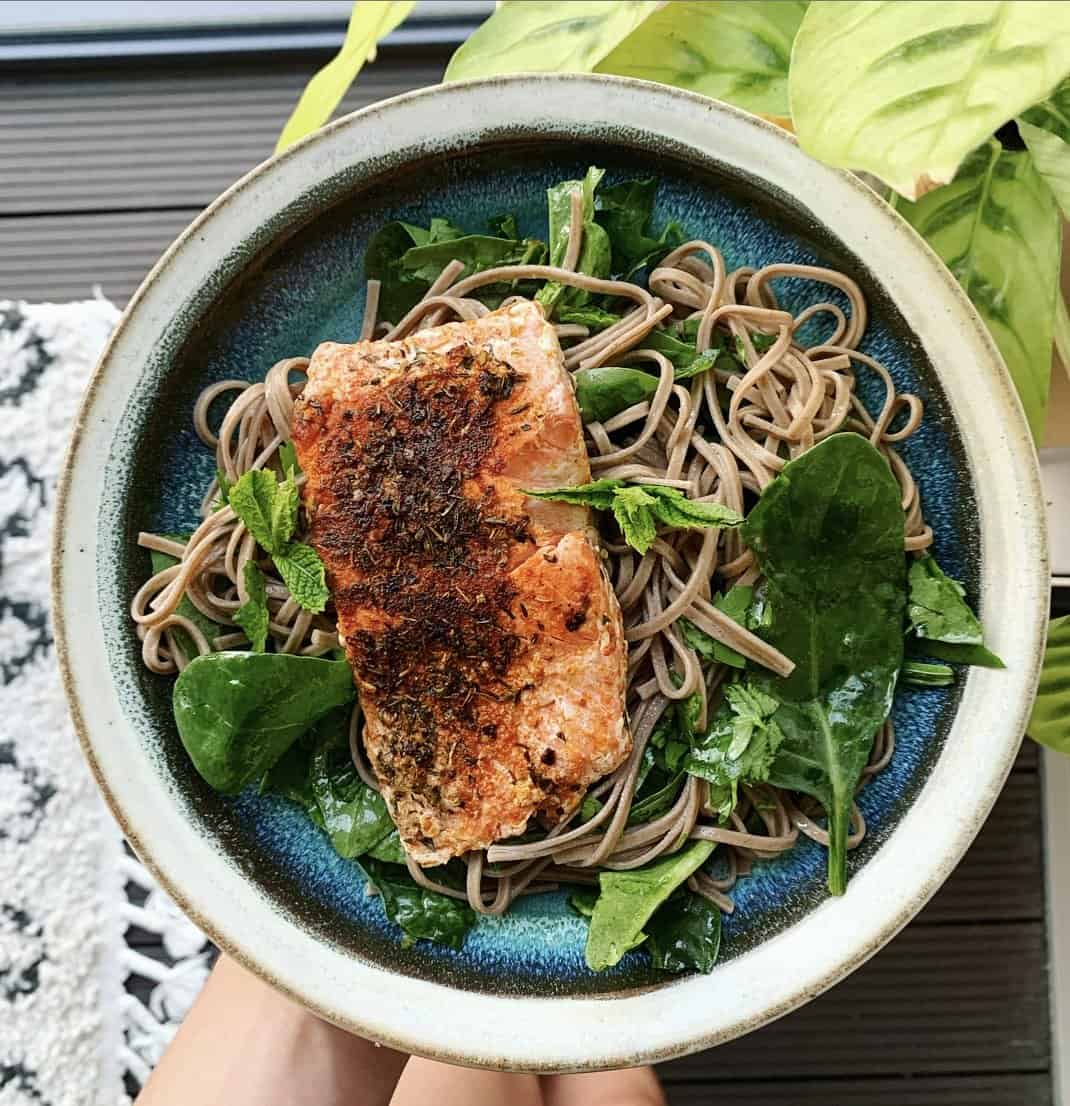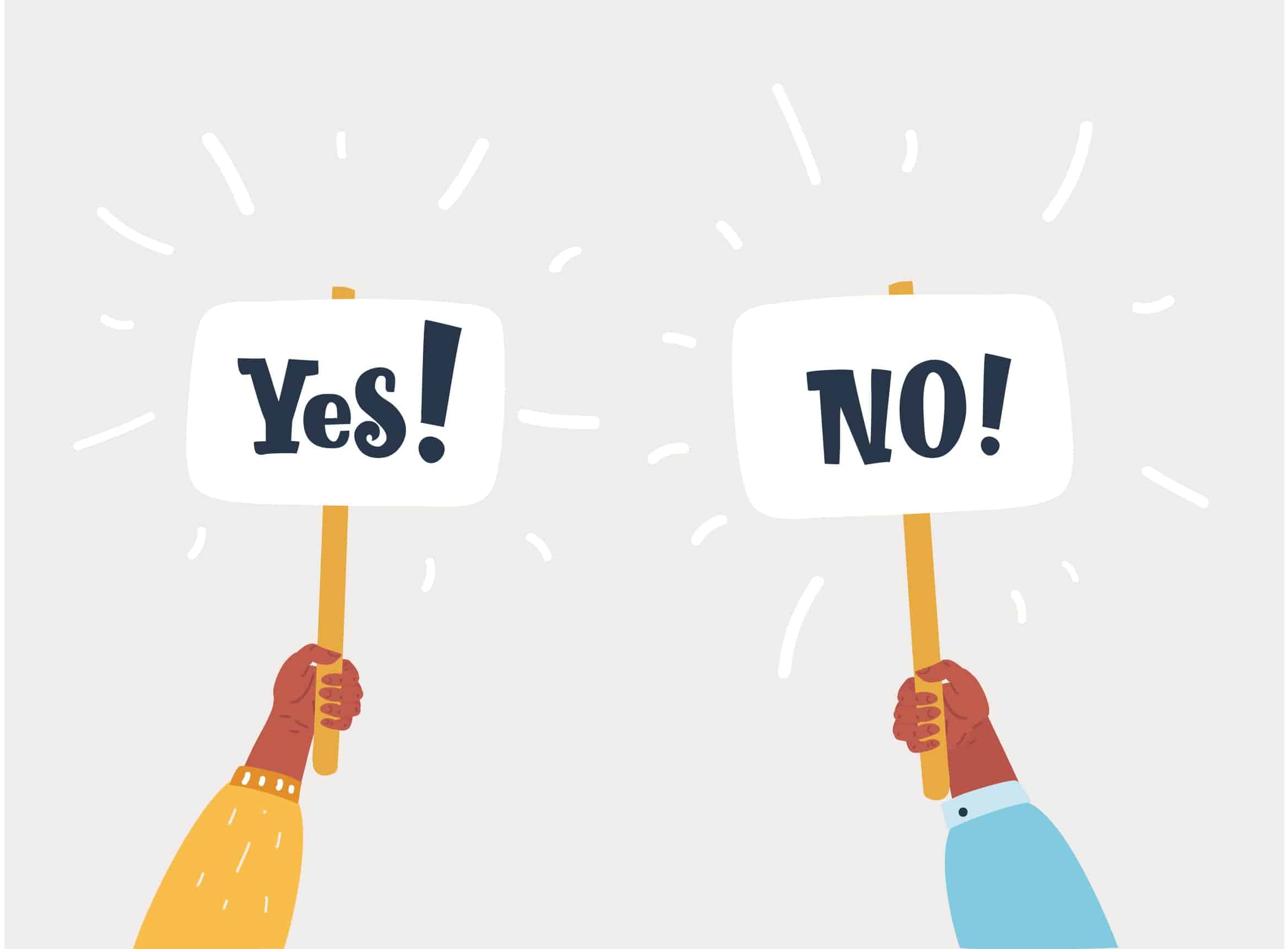When emotional eating becomes your main way to cope
Do you find yourself eating more than you intended to when you’re feeling emotional? If so, you’re not alone. Emotional eating refers to eating in response to environment or emotional cues as opposed to your internal hunger and fullness cues.
Many people turn to food for comfort, especially during difficult times.
Turning to food for comfort is not a bad thing- it’s a very normal thing to do.
We tend to associate emotional eating with negative emotions like stress or sadness, but it can be driven by positive emotions too, such as a childhood memory, nostalgia, or positive celebrations. Emotional eating is not a problem inherently, but it can become unhelpful if it is your only coping strategy.
In this blog post, we will discuss five tips for managing emotional eating.
Identifying Your Personal Reasons for Emotional Eating
A lot of the time when we emotionally eat, it can be to numb or suppress a feeling, so it can be hard to identify what it is you’re experiencing when your automatic reaction is to emotionally eat.
The next time you find yourself eating when you’re not hungry, try to identify the emotion you’re feeling or reflect on the experience afterwards to identify what lead up to that moment. This could be boredom, stress, anxiety, loneliness, sadness, or anger.
Once you know what this trigger is, you can start to implement alternative strategies to help you to deal with this emotion.
Find Healthy Ways to Deal with Negative Emotions Instead of Turning to Food
If you struggle with emotional eating, it is important to diversify your coping strategies for dealing with these emotions. Managing your emotions in a healthy way can help to break the habit of emotional eating and improve your relationship with food and with yourself.
This might look like taking up a new activity or trying some exercise, journaling, or speaking to family and friends.
For example, if feeling lonely leads you to emotionally eat, you could call or meet a friend instead of seeking comfort through food. Similarly, if you find that stress leads you to emotionally eat, you might find that yoga helps you to relax.
Be Mindful of the Foods You’re Eating and How They Make You Feel
The idea of ‘comfort’ foods might make you think of foods that remind you of your childhood like your Nanas lasagne or Mums cottage pie, or foods which make you feel good, like chocolate or ice-cream. When you’re feeling stressed or anxious, it’s normal to crave ‘a hug in a bowl’, and typically we turn to carbohydrate rich foods.
Carbohydrates help our brain to produce serotonin, our happy hormone, so it makes sense that we reach for carbohydrate-dense foods like pasta or pie for comfort, or sweet foods like cookies and chocolates for a mood boost.
Other foods have mood boosting properties too, such as foods rich in omega 3, like salmon, seeds and nuts, and foods containing flavonoids, which have been shown to promote brain health (1), such as dark chocolate.
Food rich in B vitamins help to support the release of serotonin. Low levels have been linked to mood disorders, such as depression (2), so foods like meat and fish, beans and pulses, oats, eggs, yogurt, avocados, and bananas are great to include within the diet.
When you emotionally eat, you can overeat, as you are not eating in response to your hunger or fullness levels in the moment. This can result in feeling quite sluggish or bloated afterwards, rather than energised. This can further contribute to the cycle of emotional eating because you may feel low within yourself or experience guilt for eating when you weren’t hungry.
There is never a need to feel guilt for eating, regardless of whether you were hungry or not, and having these beliefs can lead to poor self-esteem and thus sustain the cycle of emotional eating. If this sounds like you, try to identify the types of food you tend to turn to for comfort or to pick you up, as you might find that you have certain ‘rules’ around these foods.
Having food rules can lead to emotionally eating too because food becomes moralised. For example, because you think cake is a ‘bad food’, you may feel like you are ‘bad’ for eating a slice of cake, and this can cause you to turn to food for comfort later in the day as you feel low and ashamed.
Avoid Eating When You’re Feeling Stressed, Anxious, or Bored
Eating when you’re feeling stressed, anxious, or bored can lead to mindless eating. Instead of eating when you’re not hungry, try to find other ways to deal with your emotions or something that can serve as a distraction. This might include getting out of the environment that is causing the urge to turn to food, exploring some relaxation techniques, or talking to a friend or therapist.
Ensure that you are getting enough sleep too, as this plays a vital role in our ability to manage our emotions and regulate our appetites. When we’re tired, we’re more likely to overeat and reach for more high-sugar foods.
Seek Professional Help if Emotional Eating is Causing Serious Problems in Your Life
If you feel really stuck in a rut with emotional eating and find it is something you do regularly, then it is time to seek professional help. This can include talking to a therapist or speaking with a dietitian. Professional help can provide you with the tools you need to manage your emotions in a constructive way and overcome emotional eating.
If you or someone you know struggles with emotional eating, we are here for you! Book your free discovery call to see how one of our compassionate dietitians can support you on your way to food freedom.
Elle, R.D, BSc, MSc
Team EHL x
1.Scholey, A., & Owen, L. (2013). Effects of chocolate on cognitive function and mood: a systematic review. Nutrition reviews, 71(10), 665–681. https://doi.org/10.1111/nure.12065
2.Kaplan, B. J., Crawford, S. G., Field, C. J., & Simpson, J. S. (2007). Vitamins, minerals, and mood. Psychological bulletin, 133(5), 747–760. https://doi.org/10.1037/0033-2909.133.5.747














